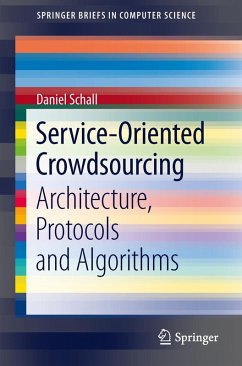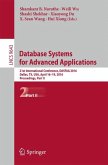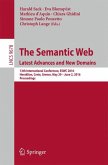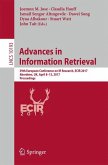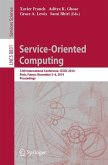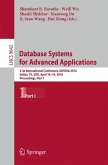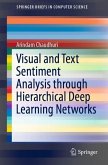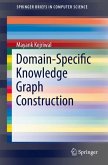At a fundamental level, service-oriented crowdsourcing applies the principles of service-oriented architecture (SOA) to the discovery, composition and selection of a scalable human workforce. Service-Oriented Crowdsourcing: Architecture, Protocols and Algorithms provides both an analysis of contemporary crowdsourcing systems, such as Amazon Mechanical Turk, and a statistical description of task-based marketplaces. The book also introduces a novel mixed service-oriented computing paradigm by providing an architectural description of the Human-Provided Services (HPS) framework and the application of social principles to human coordination and delegation actions. Finally, it examines previously investigated concepts and applies them to business process management integration, including the extension of XML-based industry standards and the instantiation of flexible processes in crowdsourcing environments.Service-Oriented Crowdsourcing is intended for researchers and other academics as anin-depth guide to developing new applications based on crowdsourcing platforms and evaluating various selection and ranking algorithms. Practitioners and other industry professionals will also find this book invaluable.
From the reviews:
"The major strength of this book is in its presentation of a unified SOA architecture with crowdsourcing properties supported through algorithms. The book is a compilation of the author's work in this area, with discussions on the opportunities and limitations of crowdsourcing and the basic architectural uses of SOA. ... I can recommend the book for researchers and academics who are pursuing multidisciplinary research." (Harekrishna Misra, Computing Reviews, August, 2013)
"The major strength of this book is in its presentation of a unified SOA architecture with crowdsourcing properties supported through algorithms. The book is a compilation of the author's work in this area, with discussions on the opportunities and limitations of crowdsourcing and the basic architectural uses of SOA. ... I can recommend the book for researchers and academics who are pursuing multidisciplinary research." (Harekrishna Misra, Computing Reviews, August, 2013)

